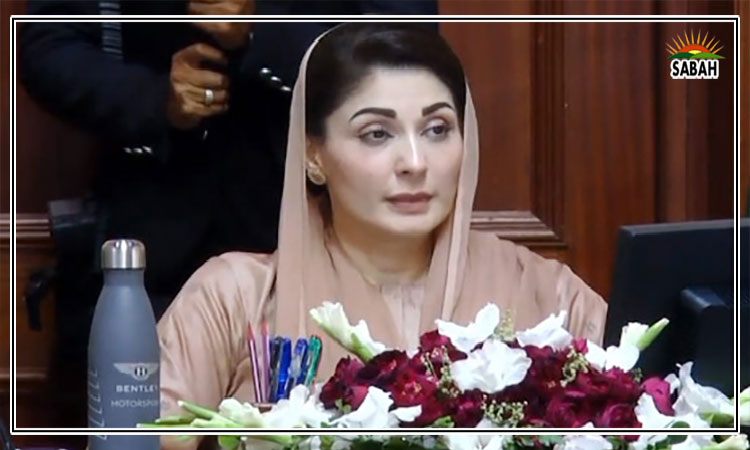The rule book…Adeel Wahid
ONE way to view the Constitution and other laws, is to consider them as a rule book, something akin to the rules of playing a sport, or a game of chess. Because the level of complexity of governing a society is much greater and the number of stakeholders higher, the Constitution and the statutes often employ broader standards or principles, rather than just the bright-line rules.
Irrespective, there are bright-line rules in the Constitution. One such rule, for instance, states that upon the dissolution of a provincial assembly, elections are to be held no later than 90 days. If the people in a particular society are to be governed by the elected representatives that the people choose, then, there is only a period of 90 days and no more, during which an interim set-up can occupy the space, which rightfully only belongs to the elected representatives.
There are at least two potential issues when a society, a group of people, or a set of players, adopts a fixed code of rules or standards. First, there are problems that emanate from interpretation. Shakespeare articulated an observation which we are all privy to thanks to our experiences that even the devil can cite the scriptures for his purpose.
Hassan Niazi, in Playing for Keeps: Pakistans Experience with Constitutional Hardball in 2022 (Pakistan Law Review) has argued, in the context of the politico-constitutional crises of 2022, that self-serving interpretations, which remain possible and even plausible, but are, nonetheless, hardball interpretations, end up leading to a race to the bottom, with each round becoming more acrimonious than the last for the players involved. Ones political end-point can have a huge bearing on the interpretations one extends to the text that is being interpreted.
The morality of the law cannot be separated from the letter of the law.
Second, and the greater of the two issues, arises when those rules or standards, presumably agreed upon, or deemed to be agreed upon, are partially suspended under one pretext or another. Any game in which this happens would necessarily lead to the end of that game. For instance, if a knight on a chessboard begins to move freely, as if it were the queen, the game of chess, as we know it, would not remain that game but become something else.
If these rules give way or change not in accordance with how they are supposed to be changed (which the rules may themselves specify) but through some arbitrary fiat, just because the rules can be changed at any given point, then, at a minimum, the confidence in those rules will be undermined, even if the other players continue to play.
Both these issues often do not necessarily turn on the letter of the rules, or their substance. Underlying both these issues is something more fundamental: a lack of basic morality, or adherence to foundational principles. The morality of the law cannot be separated from the letter of the law.
The reason why the rules of chess, for instance, have endured since ages is primarily because the game makes the rules and their application reciprocal in fact, symmetrical. There is an inbuilt fairness in the game, with a symmetrical board, an equal number of pieces, and the pieces performing the same functions for both players.
The written set of rules can be any rules, but undergirding them, there ought to be the foundational Golden Rule, which provides the moral underpinnings: do unto others as you would like done to you. Whatever the rules, when the application of these rules is brought to bear against a person, their family or their tribe, that person should not have a reason to decry them as unfair. White chessboard pieces or black, it does not matter. This is perhaps what John Rawls Veil of Ignorance is also geared towards.
To make the application of rules in a society fair, one provision or standard does much more work than others: the equal treatment or protection of law clause. If anyone is given any treatment deemed special, then everyone, similarly placed, is entitled to that special treatment. Sitting in power, with the largesse of the state at ones disposal, if one bestows special treatment on oneself and one ones accomplices, then everyone is entitled to the same treatment. Or no one is.
If the vision of the law is such that it is to be used as an instrument against ones opponents, and as a facilitative mechanism for oneself and ones friends, then finding fault with the law is not enough: what is to be mourned is the absence of morality.
And more than the law, we just need basic morality.
The writer is a lawyer based in Islamabad.
awahid@umich.edu
Courtesy Dawn, May 25th, 2023











